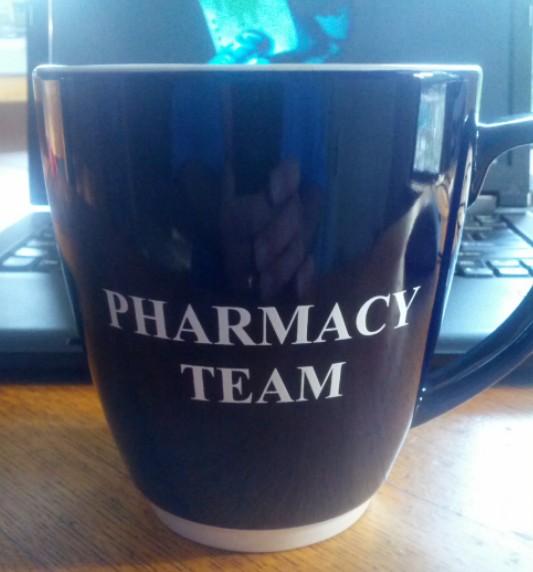Medication adherence/compliance is an important issue for all patients with chronic disease, but some are potentially worth more in healthcare dollars than others. Disease states like diabetes, heart failure, asthma and HIV/AIDS, among others rely heavily on proper medication use to prevent frequent visits to urgent care centers, or in worst case scenarios hospital admissions. It’s not hard to imagine where reducing urgent care visits and hospitalizations could add up quickly.
Medication adherence/compliance is also one of those areas where it makes sense for pharmacists to be heavily involved. A little proactive counseling, MTM and follow-up with patients goes a long way. The abstract below makes no mention of pharmacists, nor does it mention how they mined their data. If I had to guess I’d say they used insurance claims data to get their information. Not the most accurate way to go about it, but interesting nonetheless.


